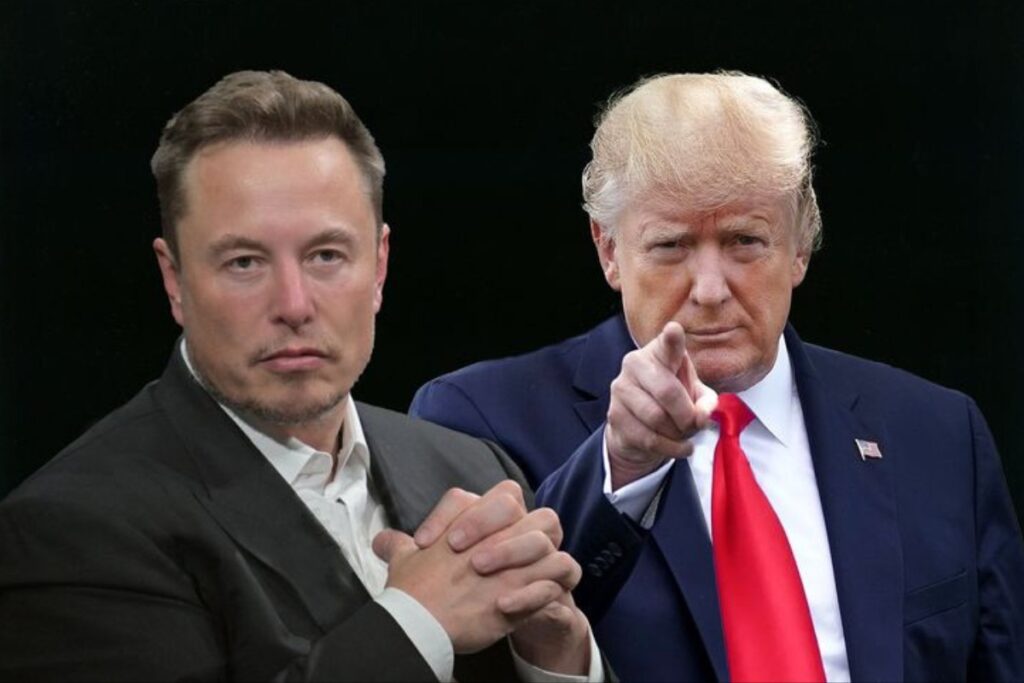Elon Musk, the tech billionaire, is no stranger to controversy. He is most recognized for his revolutionary work as the CEO of SpaceX, Tesla, and other ventures. However, Elon Musk’s endorsement of Trump, one of his most politically charged decisions, might have backfired in unexpected ways.
On the day that the former president escaped an assassination attempt, Musk formally endorsed Donald Trump for the first time in the U.S. presidential race. “I fully endorse President Trump and hope for his rapid recovery,” Musk wrote on his social media platform X.
Many were surprised when Musk, who often positioned himself as a libertarian or centrist, openly endorsed Trump. Trump is a polarizing figure in politics and across various sectors, including the tech industry.
While Elon Musk’s endorsement may have initially seemed like a strategic move, it has led to unexpected consequences, from public backlash to strained ties within the political space.
The Implications of Elon Musk’s Endorsement
Over a month after Elon Musk officially endorsed Donald Trump, a series of Democratic attacks have suggested that the endorsement has exposed a vulnerability. Since the tech billionaire endorsed Trump on July 13, the campaign of Vice President Kamala Harris has repeatedly attacked Musk for his anti-worker stances.
Trump and Musk have been described by the campaign as “self-obsessed rich guys” and reposted audio from an event on Musk’s social media app, X, in which the two joke about firing striking workers.
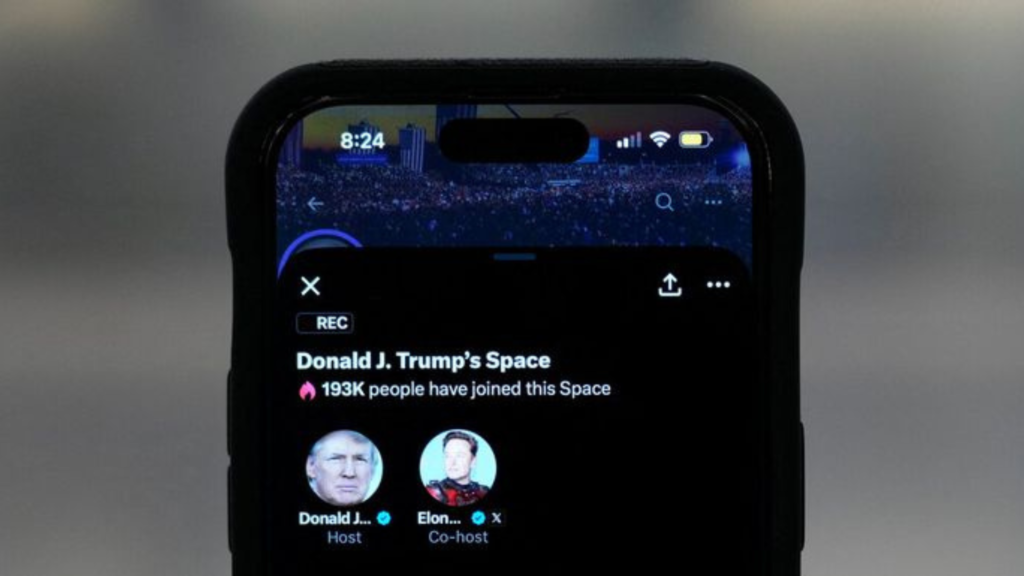
Harris allies, including Shawn Fain, the president of the United Auto Workers, have followed up with their own attacks. Some Democratic strategists appear eager to keep highlighting the Musk-Trump alliance, which they perceive to reinforce Trump’s shortcomings.
Elon Musk’s endorsement was supposed to hit the Trump campaign like a lightning bolt. His support, however, signaled that Trump would have all the resources and social media firepower he needed to regain the White House. And it added to a perception that Trump had won over a big part of America’s tech industry and entrepreneur class.
Big Donors Decline to Follow Elon Musk’s Lead
Given his unprecedented wealth, celebrity, and media reach, Elon Musk’s endorsement was arguably the most sought-after and high-profile of this election year. However, stumbles and missed opportunities have been defined in the following few weeks.
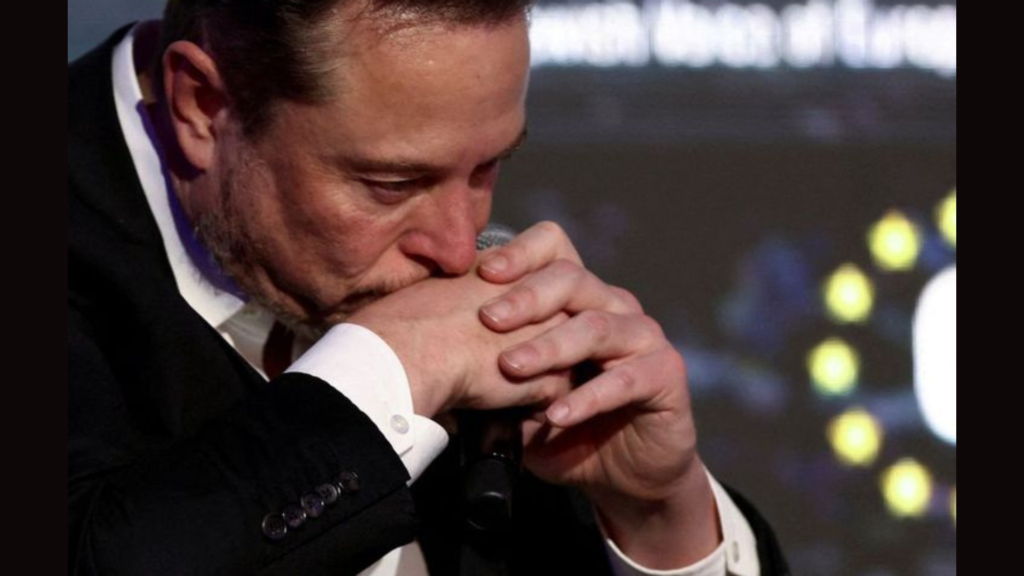
Musk’s super PAC underwent a major staff shakeup shortly after its launch. Many other Big Tech donors have declined to follow Musk’s lead, choosing instead to support the Harris campaign.
ALSO READ: Tesla’s Stock Price Declines Amid 2024 Struggles
The Unconventional Partnership
At first glance, Elon Musk and Donald Trump seem unlikely. Trump’s more conventional and frequently polarizing political approach and Musk’s futuristic vision and commitment to sustainable energy don’t appear to have much in common.
Nonetheless, their partnership has been one of mutual benefit and, at times, mutual admiration. Trump has commended Musk for his business acumen, particularly his work with Tesla and SpaceX. At the same time, Musk has occasionally aligned himself with Trump’s economic policies, particularly those on deregulation and tax cuts.
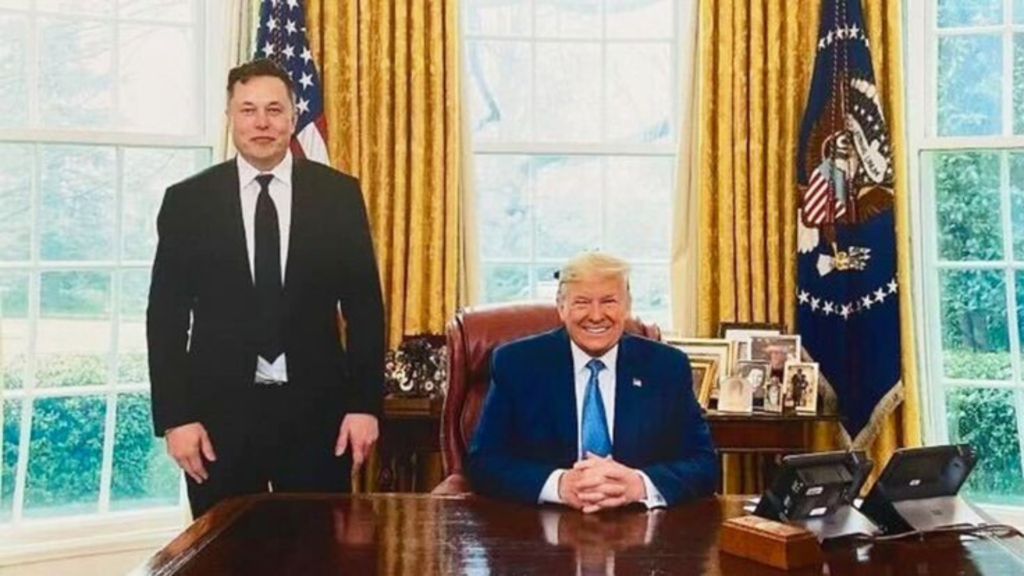
This unconventional partnership sparked curiosity from the start. It was not just a political one but also a strategic alliance. During Trump’s presidency, Musk’s businesses—especially SpaceX—benefited from government contracts and support.
At the same time, Trump could highlight Musk’s successes as proof of his administration’s pro-business policies.
Elon Musk and Donald Trump’s Interview of the Century
One of the most talked-about moments in the Musk-Trump relationship was an interview that soon became known as “the interview of the century.” During this interview, Musk openly endorsed Trump, praising his leadership style and handling of economic matters. Millions of people saw the interview, which sparked a firestorm of reactions across social media, news outlets, and political circles.
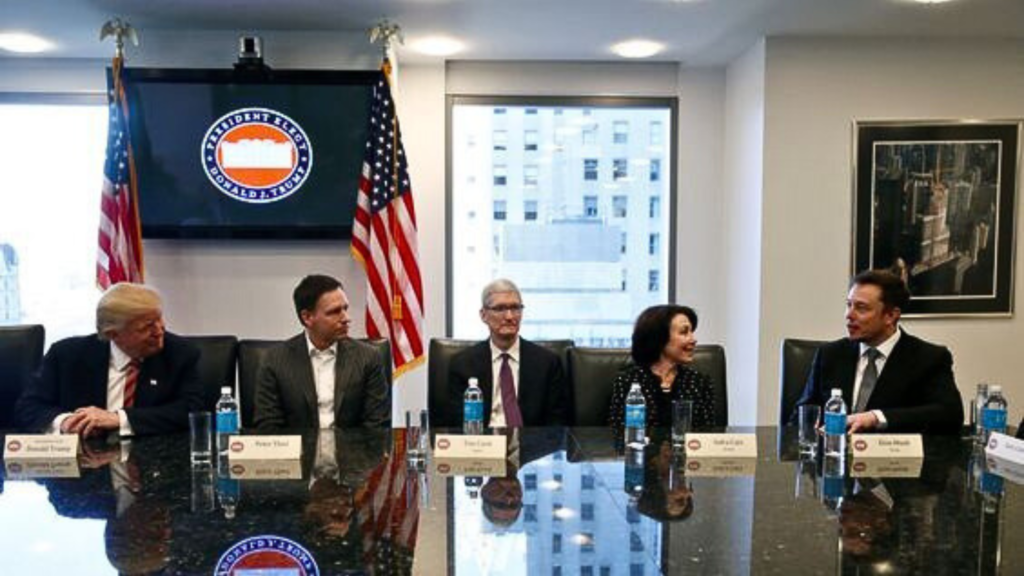
In the interview, Musk praised Trump’s ability to connect with everyday Americans and his willingness to make tough decisions. He also praised Trump’s management of the economy, citing the stock market’s performance and the growth of jobs during Trump’s tenure as key reasons for his support.
However, Musk’s endorsement was met with mistrust and criticism from various sources. Some accused him of ignoring the more controversial aspects of Trump’s presidency, such as his handling of social justice issues and his stance on climate change.
ALSO READ: Elon Musk Suffers Biggest Loss for a Billionaire in 2024, for Now
Democrats Capitalize on the Moment
As Elon Musk’s endorsement of Trump became a topic of national conversation, Democrats quickly seized the opportunity to capitalize on the moment.
Prominent Democrats, like Kamala Harris, criticized Musk for endorsing Trump, arguing that this demonstrated how disconnected tech billionaires were from the issues facing regular people.
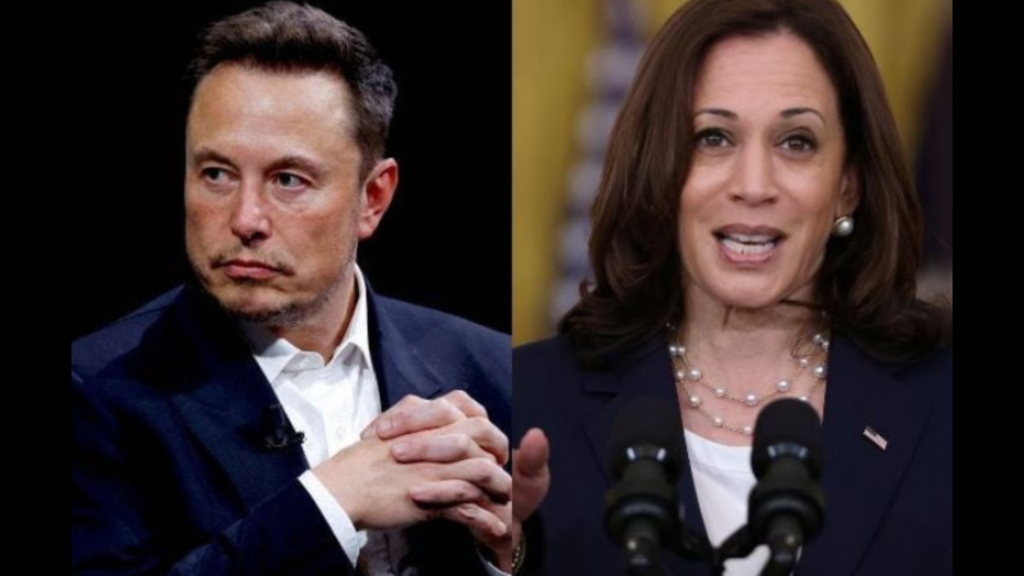
Harris, who has often positioned herself as an advocate of progressive causes, was particularly vocal in her criticism. In a series of speeches and interviews, she argued that Elon Musk’s endorsement of Trump indicated that the tech industry needed to be more closely regulated.
She also used the opportunity to rally support among voters who were disillusioned with Trump and Silicon Valley’s perceived elitism. This strategy appeared to pay off, with polls showing a decline in Musk’s support among key demographics, particularly younger voters and those who identified as progressive.
Public Perception and Backlash
Perhaps the most significant consequence of Musk’s endorsement of Donald Trump has been the change in public perception. Musk, who was once perceived as a visionary leader and a champion of innovation, is now viewed by many as someone who is disconnected from the issues faced by ordinary people.
Musk’s endorsement of Trump was the final straw for many, as it was evident that the tech billionaire was more concerned with safeguarding his personal interests than furthering the causes he had previously professed to care about.
The backlash has not been limited to public opinion; it has also significantly affected Musk’s business ventures, with some customers choosing to boycott Tesla and SpaceX to protest his endorsement.
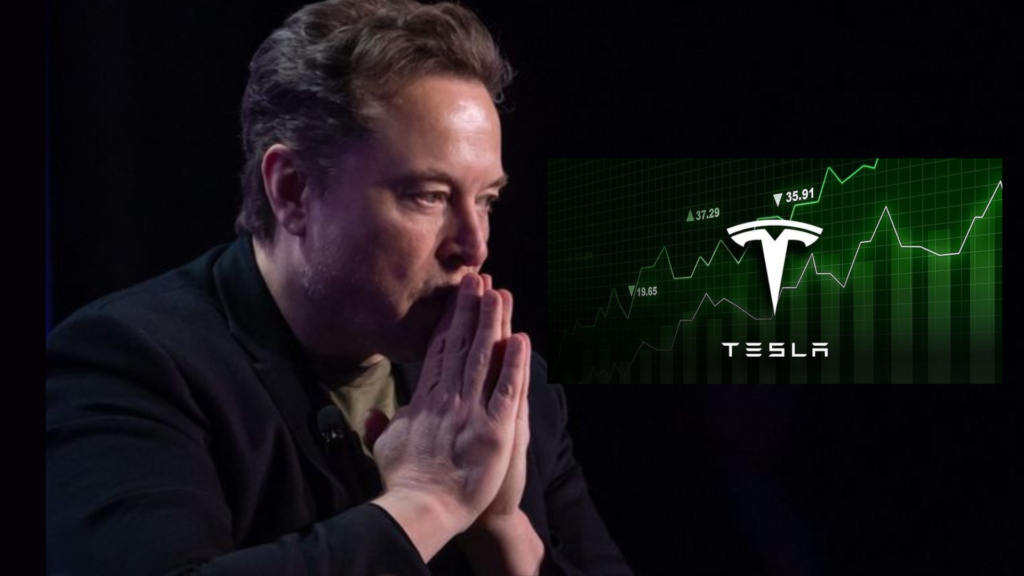
Tesla’s stock price also experienced volatility, with some investors expressing concern that Musk’s political views could negatively impact the company’s reputation and, consequently, its financial performance.
Similarly, SpaceX has faced increased scrutiny from regulators and the public, with some questioning whether Musk’s political ties could affect the company’s ability to secure government contracts. With all that’s been said, it will be interesting to see how Elon Musk responds to the criticism and whether he can rebuild the trust and admiration he once enjoyed.
You Might Also Like:
Angry Netflix Subscribers Reject 30% Price Hike for Ad-Supported Content
China’s Zeekr Aims for Global Expansion with Electric SUV, Priced to Beat Tesla Model Y
New Report Shows Nvidia Revenue Grew by 122% Due to Soaring Demand for Data Center Chips
Top 10 Colleges for Financial Aid—Including One Ivy League School

